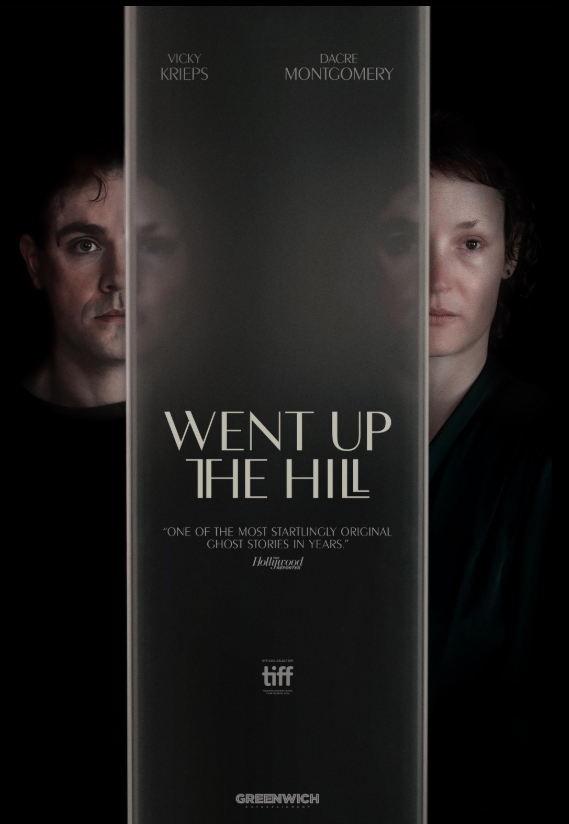BoJack Horseman Christian Review

Sometimes a show sneaks up on you. BoJack Horseman is one of those. You start watching, maybe expecting some light humor, a little satire, some talking animals riffing on the absurdities of Hollywood. But what you get is something far deeper, something that leaves you unsettled, amused, and occasionally gutted, all at once.
The show’s quirky setup—a washed-up actor who happens to be a horse—is misleading in the best and worst ways. Sure, it’s a comedy. There’s a lot of satire and absurd humor. But beneath the jokes is a raw exploration of mental health, addiction, and the human condition. And that makes it hard to know how to feel. Laugh or cry? Both, probably.
As a Christian viewer, BoJack Horseman presents a particular kind of challenge. It doesn’t offer the kind of moral clarity or hope you might expect from a story about redemption. In fact, it often feels like it’s allergic to redemption, circling around it but never quite landing. And yet, there’s something magnetic about the honesty it brings to the table. Let’s dig into it.
A Hollywood Satire with Teeth
From the first few episodes, it’s clear that BoJack Horseman has some sharp things to say about Hollywood—and fame in general. BoJack is a relic of a once-popular ’90s sitcom, Horsin’ Around, now floundering in a sea of excess, regret, and self-loathing. If you’ve ever looked at the celebrity machine and thought it seemed a little soulless, this show amplifies that feeling to the nth degree.
Fame doesn’t bring happiness. It doesn’t bring meaning. And it certainly doesn’t fill the void in BoJack’s heart. You watch him stumble from one party to the next, one toxic relationship to another, and you’re reminded of Ecclesiastes—”meaningless, meaningless, everything is meaningless.” It’s a powerful critique of the cultural obsession with fame. From a Christian perspective, it’s a reminder that these worldly pursuits won’t bring true satisfaction. They can’t.
And yet, you can’t help but laugh at the absurdity of it all. The show plays the insanity of celebrity culture for laughs, and it works. But it’s the kind of laughter that leaves a bitter taste in your mouth, like when you laugh because you don’t want to cry.
The Deep Dive into Darkness
But while the satire is biting, the show’s real strength lies in how it confronts the messiness of life. BoJack is not a hero, and he’s barely even a protagonist. He’s self-destructive, selfish, and broken. And unlike many shows that give their flawed characters a redemption arc, BoJack Horseman revels in the fact that BoJack rarely learns from his mistakes. He’s stuck in a cycle of addiction, depression, and regret, and it’s painful to watch.
This is where the show becomes hard to categorize. Is it a comedy or a drama? Can it be both? It somehow manages to walk the line, swinging between gut-wrenching moments of despair and sharp, witty banter. The humor almost feels like a coping mechanism, a way to soften the blow of how bleak BoJack’s life actually is.
As Christians, we can recognize the truth of this portrayal. Sin and brokenness have real consequences. BoJack’s life is a clear picture of what happens when you live without hope, when you turn inward instead of upward. The show doesn’t shy away from the toll that living for yourself takes on your soul and on the people around you. And yet, it never quite offers a way out.
Mental Health on Full Display
What sets BoJack Horseman apart from many shows is its unflinching portrayal of mental health. BoJack is a deeply depressed character, and the show doesn’t try to sugarcoat that. There’s no quick fix, no “feel better” moments. It’s a stark, often brutal look at how depression can twist your view of the world, how it makes everything feel hollow.
For BoJack, that hollowness is a constant companion, and it’s clear that fame and success have done nothing to fill it. He’s constantly searching for meaning, but everything he reaches for slips through his fingers. It’s tragic, really, because you can see flashes of potential in him—moments when you think, “Maybe this time he’ll change.” But more often than not, he self-sabotages, pushing away the people who care about him and making choices that lead to more pain.
This portrayal of mental health is powerful in its honesty, but it’s also hard to watch. There’s no hope on the horizon for BoJack, no peace that transcends his struggles. For Christian viewers, this is where the tension lies. We believe in a God who offers peace, even in the midst of despair. A God who says, “Come to me, all who are weary.” But BoJack doesn’t have that. He’s lost, floundering in a world that doesn’t offer real hope or healing.
Morality and Consequences
At its core, BoJack Horseman is a story about consequences. BoJack’s actions have real, lasting effects—not just on himself, but on the people around him. His relationships are strained and often broken, largely because of his own selfishness. The show doesn’t let him off the hook for the hurt he causes. And in that way, it feels almost Biblical. Sin has consequences. We reap what we sow.
But unlike in the Christian story, where grace and redemption are possible, BoJack’s world feels devoid of those things. It’s a world where you make your choices, and you have to live with them. There’s no second chance, no divine intervention. And that’s what makes the show so hard to watch at times. You want BoJack to be redeemed, to find forgiveness, to heal. But the show often seems content to let him wallow in his brokenness.
Glimmers of Truth in a Dark World
Despite its cynicism, BoJack Horseman does offer some glimmers of truth. It understands that life is messy and that people are complex. No one in the show is purely good or purely evil. They’re all flawed, struggling with their own demons. There’s something profoundly human about that, and it’s one of the reasons the show resonates so deeply with viewers.
As Christians, we know that this brokenness is real. We all fall short. We all struggle. But the difference is that we believe in a God who offers a way out—a path to redemption. BoJack Horseman doesn’t offer that. It’s brutally honest about the mess, but it leaves its characters—and its audience—without much hope for something better.
A Lack of Redemption: What’s Missing?
In the end, what BoJack Horseman lacks is redemption. It’s a show that delves deep into the human condition, exploring themes of regret, depression, and self-destruction. But it doesn’t offer a way out. There’s no grace, no forgiveness, no hope for something better.
As Christians, that’s the missing piece. We believe in a God who redeems even the most broken parts of our lives. A God who offers grace when we least deserve it. And while BoJack Horseman might reflect the reality of a fallen world, it doesn’t reflect the hope we have in Christ.
Conclusion: A Show of Profound Contradictions
BoJack Horseman is a show that manages to be hilarious, heartbreaking, cynical, and profound all at once. It’s a deep dive into the messiness of life, and it doesn’t pull any punches. For Christian viewers, it’s a reminder of the brokenness of the world—but also a stark contrast to the hope we find in the Gospel.
The show is brilliantly crafted, but it’s also deeply tragic. It leaves you wanting more—more redemption, more grace, more hope. But in a way, that’s what makes it so compelling. It’s a reflection of the world as it is, not as it should be.
Rating: 7/10





